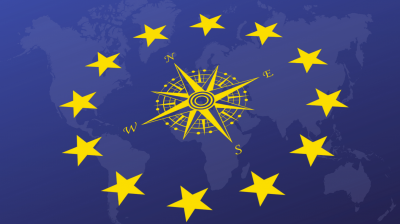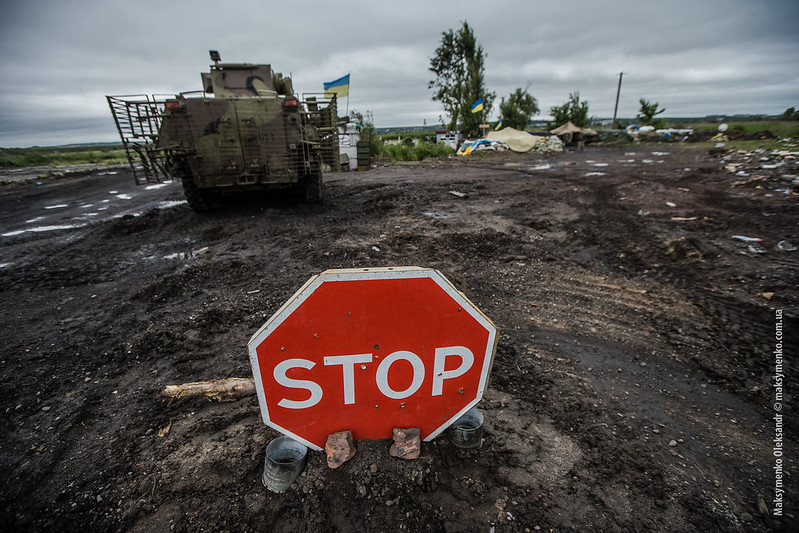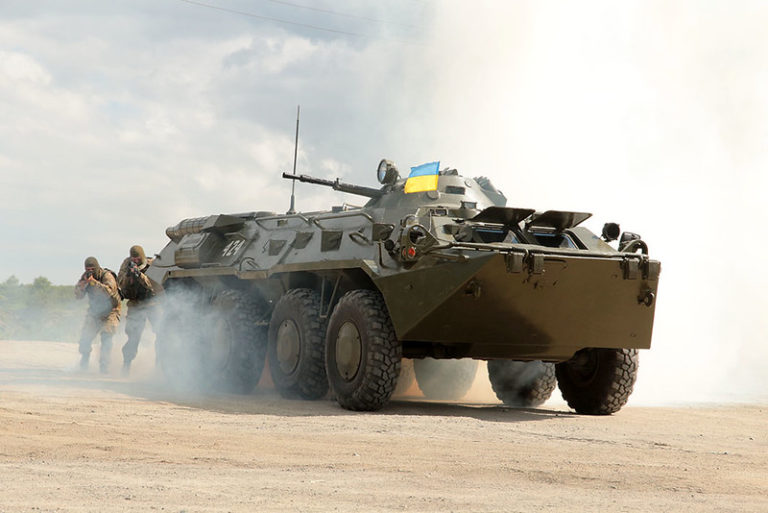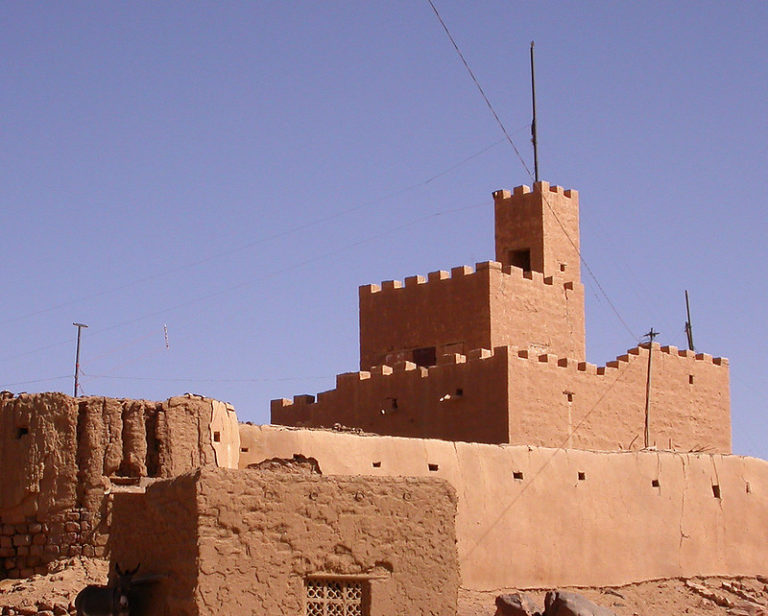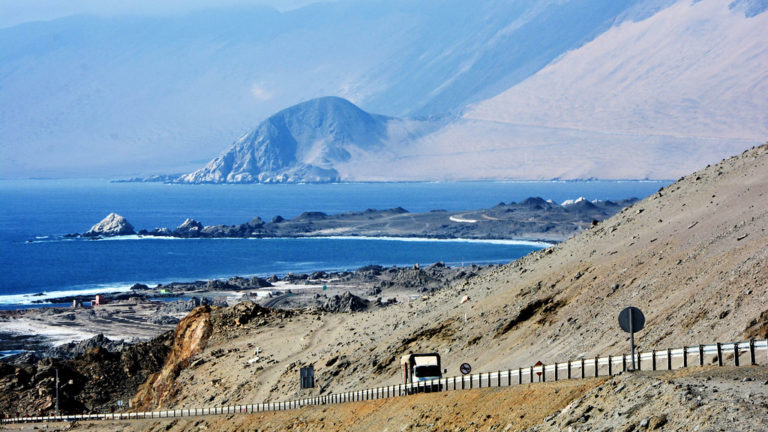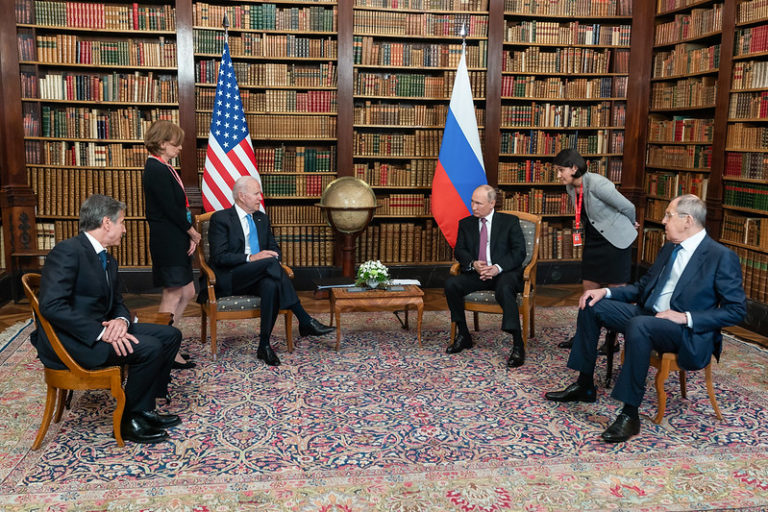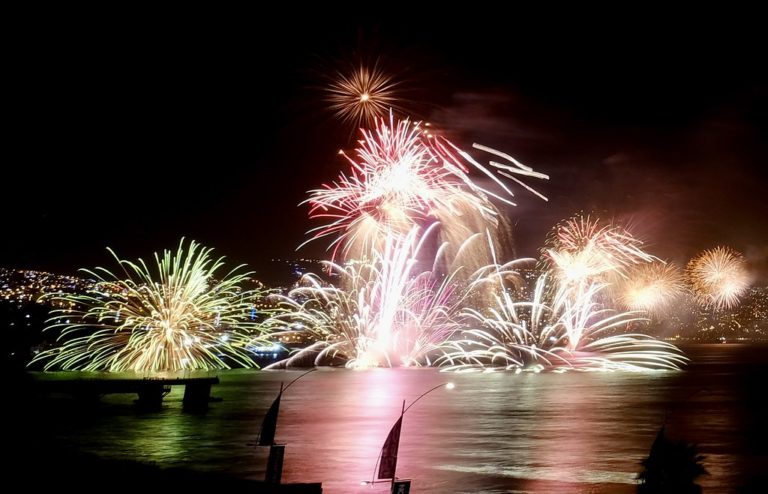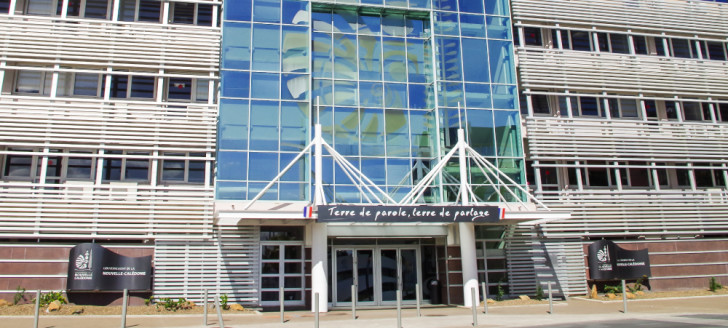Letter from La Vigie dated April 27th 20221
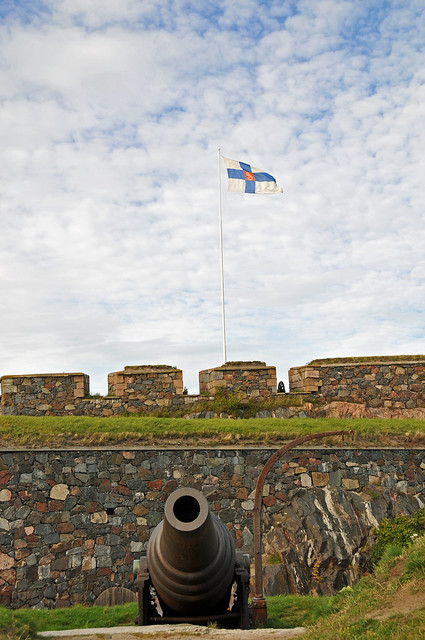
Finnish Model
The war in Ukraine has prompted interest in Finland: this neighbouring country of Russia first resisted it during a war, preserved its independence throughout the Cold War, developed admirably at the end of the latter, joined the EU and is preparing to join the Alliance. Can this be a model for Ukraine?
To read the article, click here
War, crime and punishment
With varying degrees of success, lawyers have always tried to build a body of law to limit the damage and suffering caused by wars. Can the current complex body of law, although not accepted by all states, be useful in the ongoing conflict between Russia and Ukraine?
To read the article, click here
Lorgnette: Jacques Perrin
Jacques Perrin was a man of the cinema: one thinks of Cinema Paradiso, the marvellous L’empire du milieu du sud on Indochina and of course Microcosmos. But the strategist will remember above all his military films: 317th Section will remain one of the best war films ever made, which shows the life of a lieutenant at the head of his section in Indochina. L’honneur d’un capitaine shows the same challenges, this time at the level of a unit commander during the Algerian war. Two films made under the direction of Pierre Schoendorffer. La légion saute sur Kolwesi is more anecdotal.
This reality of war, at the level of the man, is obviously fascinating and anyone who has commanded men will find himself in it. The setting of these difficult conflicts deserved something more political: the unforgettable Crabe-tambour, with J. Rochefort and J. Dufilho, will delicately give a glimpse of the political dimensions of the war, never far from the command. Between the carnal and human thickness of the field and the more blind and indifferent objective of politics, it is the whole complex dimension of war that has been rendered.
Thank you, Mr. Perrin, for having shown it so simply. Rest in peace.
Subscribers: click directly on the links to read online or download the pdf issue (here), always with your login/password. New readers: read the article by issue, by clicking on each article (€2.5), or subscribe (discovery subscription €17, annual subscription €70, orga. subscription €300 excl. tax): here, the different options.
JOCVP
photo credit : archer10 (Dennis) off on Visualhunt.com

